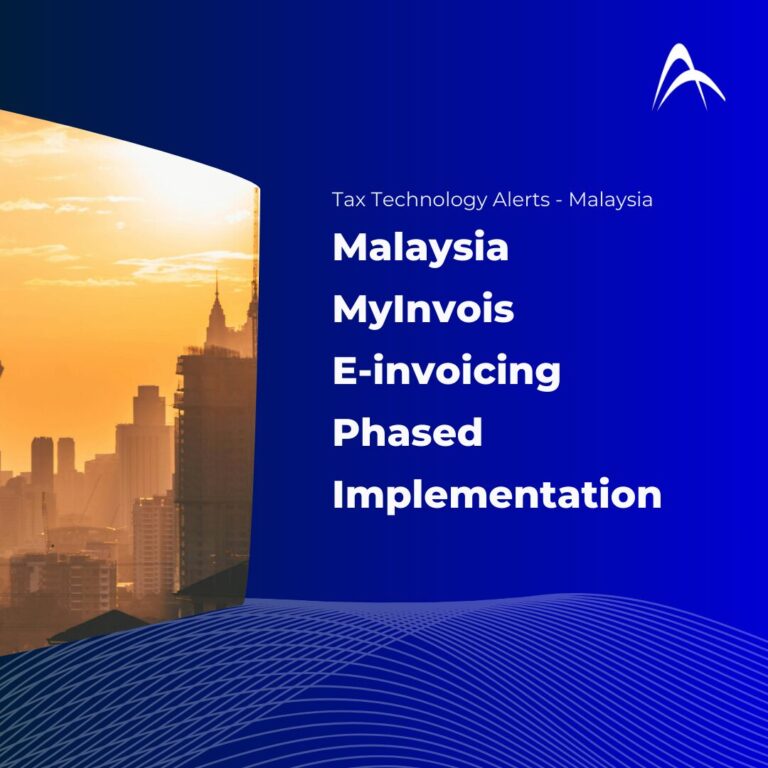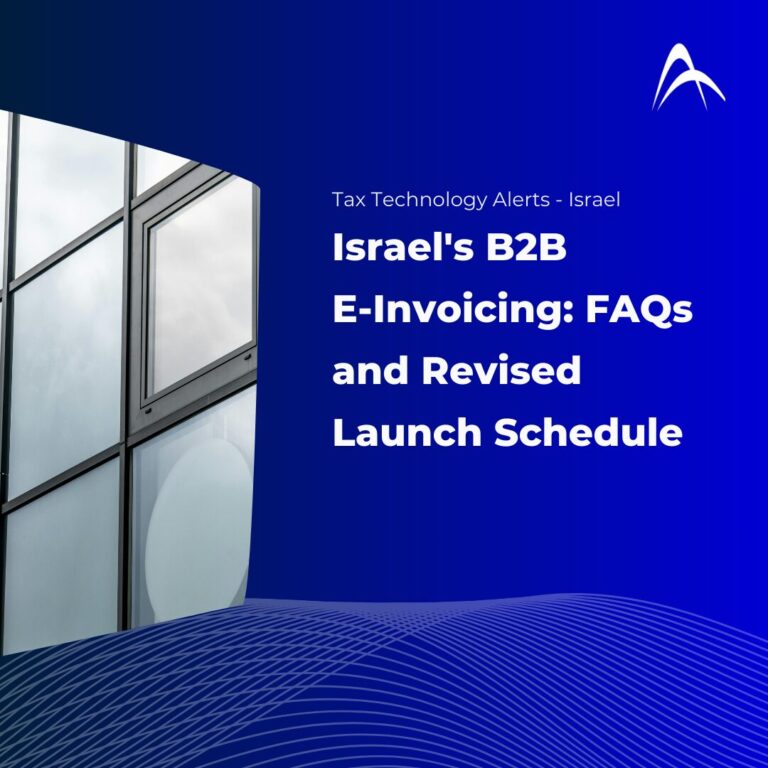Type: Draft Legislation
Before the 2023–2024 budget process, the Israeli Ministry of Finance announced its economic strategy for the benefit of the general public. It also provides a suggested electronic invoicing system based on Continuous Transaction Control (CTC). The intention is to address the significant “fictions invoice” fraud issue, which is frequently exploited by criminals to launder money.
The Ministry proposes that invoices over NIS 5,000 (about €1,300 or $1,600) be sent in real-time to the Tax Authority for verification and approval before being issued to the client. All B2B transactions that exceed the invoice threshold would be subject to this. Only 15% of invoices, according to the Revenue Authorities, make it past this barrier.
The goal is to address the massive fraud problem associated with fictitious B2B VAT invoices, which businesses use as deductions against their VAT liabilities. The Tax Authority estimates that this costs the country billions of dollars in lost revenue. A pre-clearance model would provide tax authorities with an advanced opportunity to cross-check any submitted invoice with the original supplier’s records.
Effective date: 2023



